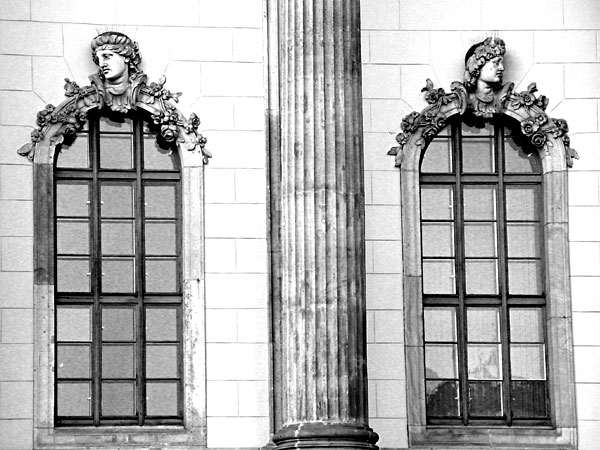
Democracy is a participatory activity. While not everyone can (or should) run for office, being a good citizen extends to much more than engaging in the business of politics. It begins with embracing the dignity of being the sovereign – or, more clearly, part of the group that constitutes the sovereign – and recognizing that it comes with responsibilities.
The first responsibility is to that without which no society can function in the long run: a commitment to the truth. Without a shared truth, there can be no society. Without the recognition of facts and science, there can be no community. We cannot live in a world together in peace if we claim to be in the possession of different sets of facts.
A fact is something that is true without need for interpretation. To recognize facts is typically not that difficult. Something either happened or not, something is either true or false, something happens with a certain likelihood or not (which is more complicated to understand – probability is difficult to understand for human beings, it seems), some things can be predicted to occur given a certain set of parameters and trends (again, not that easy if it is not a linear growth), etc.
Then there are things that need interpretation, because they are not immediately clear because the facts are not yet completely known, or because some fields of science and knowledge production are focused not on recognizing facts, but on recognizing human psychology, behavior and culture. Even then you need not despair, because also for these “fuzzy” sciences there are methods.
What holds true for all of science and knowledge production and fact-gathering: None of this can happen in a vacuum, and without substantial education. If the overwhelming majority of researchers agree on a set of facts and/or interpretations, it is probably more likely to be true or not. Truth, of course, can be evolving, based on our collective knowledge about the object for which a certain truth is claimed. Criticism is important, but it needs to be grounded in truth, not mere rejection of authority. Experts exist for a reason: In a complex world, none of us can be experts in everything, and we all need to trust others to provide reliable information for all.
John Dewey already pointed to the necessary connection between democracy and education. Immanuel Kant showed that without internalizing reason and morality, there can be no democracy, as we all are participants in this society. Without education – and behavior grounded in facts, science, and morality – there can be no democracy. We cannot take democracy for granted, but so many of us seemingly are doing just that.
What does that mean for our future? Does a lack of education, a lack of willingness to do the hard work of being a citizen, the lack of willingness to take care of each other, does all this point to the inevitable impossibility of maintaining democracy? Are we really willing to succumb to the alternative?

